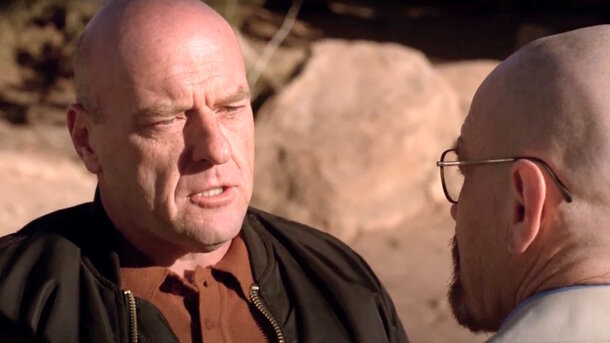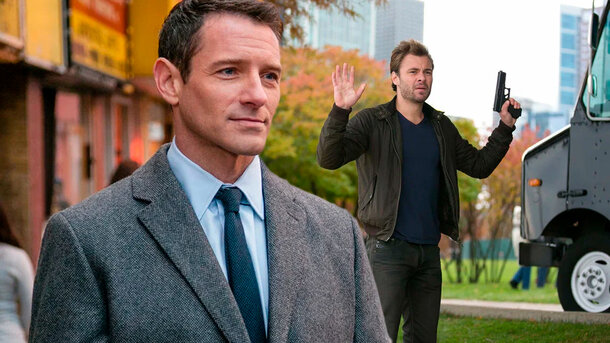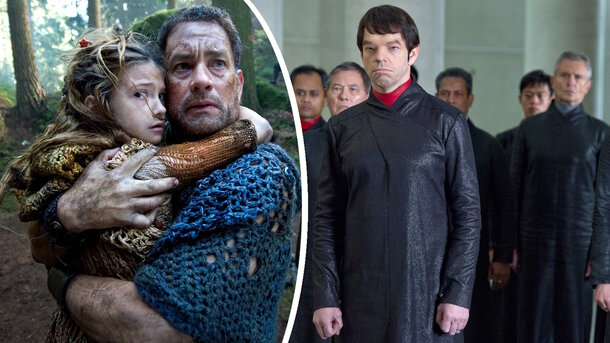Jim Carrey is one of the most recognizable comedians in Hollywood, but his dramatic roles almost always (and very undeservedly!) remain in the shadows. After The Truman Show, he tried himself in a serious role again in The Majestic (2001), but the film received neither critical acclaim nor much attention from viewers. Let's fix it?
You've been waiting for a deep, touching drama with sudden shades of The Shawshank Redemption in the dialogues — it's not for nothing that Frank Darabont became the director. It is here that Carrey reveals himself from an unexpected side for those who are accustomed to him in the images of eternally grimacing humorous characters.
His character, unsuccessful screenwriter Peter Appleton, loses his memory after a car accident and ends up in a small town, whose residents take him for their fellow countryman who died in the war. And Peter is in no hurry to get out of character.
For the first time in a long time, Carrey plays not a crazy joker, but a man who understands the value of family, memory and life. He becomes attached to people, finds love, and most importantly, goes through a path of internal transformation.
The scene where the hero says goodbye to the "father", who sincerely believed that his son had returned, becomes especially powerful. Without exaggeration, this is one of the most emotional moments in Carrey's career. There are no his signature grimaces here, only genuine pain, tears and the realization of loss.
The Majestic is a film about memory, responsibility and finding yourself. This is a heartfelt, but unfairly forgotten film that deserves to be on the same level as The Truman Show and Eternal Sunshine of the Spotless Mind.










